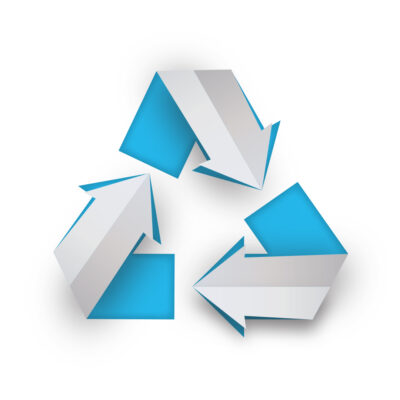

Kiwis consume about 735 thousand tonnes of packaging each year, 58% of which is recycled.

Did you know that paper and paper products can recycled many times? You’re in good company if you did, as 61% of Kiwis know this to be true according to a recent survey by Toluna. It’s good for environment too, saving on water and power, for each tonne of paper that is recycled, 31,000 litres of water is saved. Keeping in mind some paper products can’t be recycled because they are kept for long periods of time (books) or archived (records); others are destroyed or contaminated when used like tissue and hygiene paper.
Paper can be recycled several times yet not indefinitely, as fibres get too short and worn out and therefore can no longer be used in creating new paper. That’s why we sometimes need to add virgin fibres from trees to continue the cycle. New fibres come from renewable, sustainably-managed forests and continue the loop.
Paper for recycling is an essential raw material
To maintain quality, it’s important that paper is collected separately from other materials. It can then be sorted and graded to determine the end uses it will be suitable for. The recovered paper is then mixed with water so that the fibres can be recovered. During this process, contaminants are removed, the fibres cleaned and if necessary, ink is removed. The resulting pulp may then be used to produce 100% recycled paper, or mixed with virgin fibre depending on the quality characteristics required.
Recycled and virgin fibre are complementary
You can feel good about buying or using paper no matter whether it’s made from virgin or recycled as they both have benefits. Production of recycled pulp generally requires less energy consumption and has lower emissions to air. Virgin fibre production typically uses more renewable energy and creates less solid waste. Given virgin and recycled fibres are interdependent, it is very difficult to reliably compare their environmental attributes. In practice, recycled fibre would not exist if virgin fibre were not sustainably harvested and societal demands for paper and board products could not be met without both.


great facts about paper and the
environment